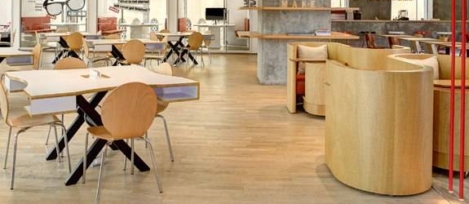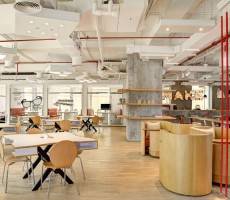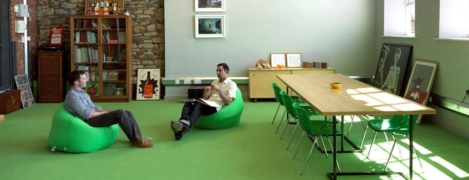June 30, 2015
Number of mobile workers in US will exceed 105 million by 2020
 Mobile workers will account for nearly three quarters (72.3 percent) of the US workforce by 2020, thanks to the increasing affordability of smartphones and tablets and growing acceptance of corporate Bring Your Own Device (BYOD) schemes. According to a new forecast from International Data Corporation (IDC), the US mobile worker population will grow at a steady rate over the next five years, increasing from 96.2 million in 2015 to 105.4 million in 2020. Innovations in technology such as biometric readers, wearables, voice control, near-field communications (NFC), and augmented reality are already increasing productivity and enabling workers to work in completely new ways. In a recent IDC survey, 69.1 percent of those responsible for managing mobility within their organisation had seen a reduction in costs as a result of implementing BYOD programmes.
Mobile workers will account for nearly three quarters (72.3 percent) of the US workforce by 2020, thanks to the increasing affordability of smartphones and tablets and growing acceptance of corporate Bring Your Own Device (BYOD) schemes. According to a new forecast from International Data Corporation (IDC), the US mobile worker population will grow at a steady rate over the next five years, increasing from 96.2 million in 2015 to 105.4 million in 2020. Innovations in technology such as biometric readers, wearables, voice control, near-field communications (NFC), and augmented reality are already increasing productivity and enabling workers to work in completely new ways. In a recent IDC survey, 69.1 percent of those responsible for managing mobility within their organisation had seen a reduction in costs as a result of implementing BYOD programmes.



































June 30, 2015
Settings, silence, serendipity, wellbeing and other lessons from Neocon
by Paul Goodchild • Comment, Events, Furniture, Workplace design
(more…)